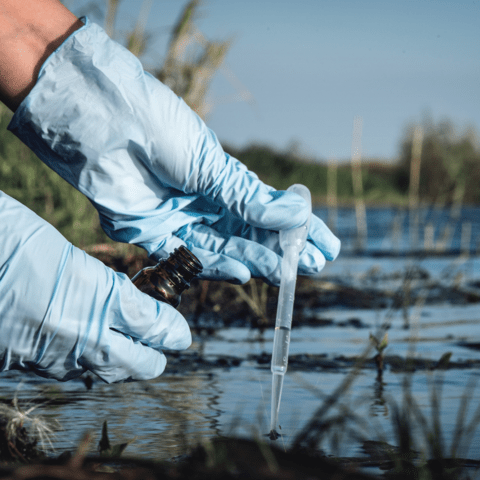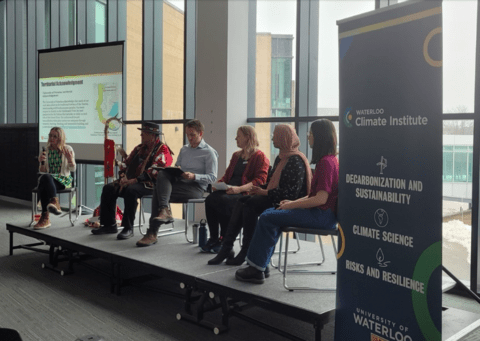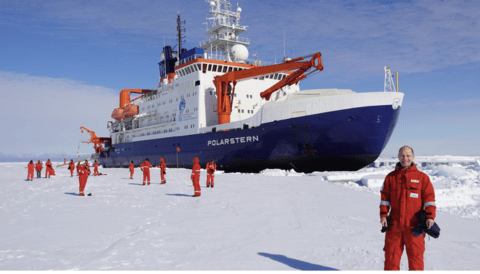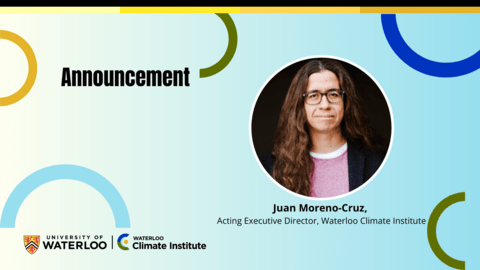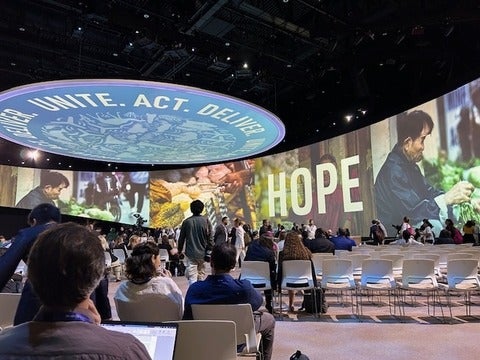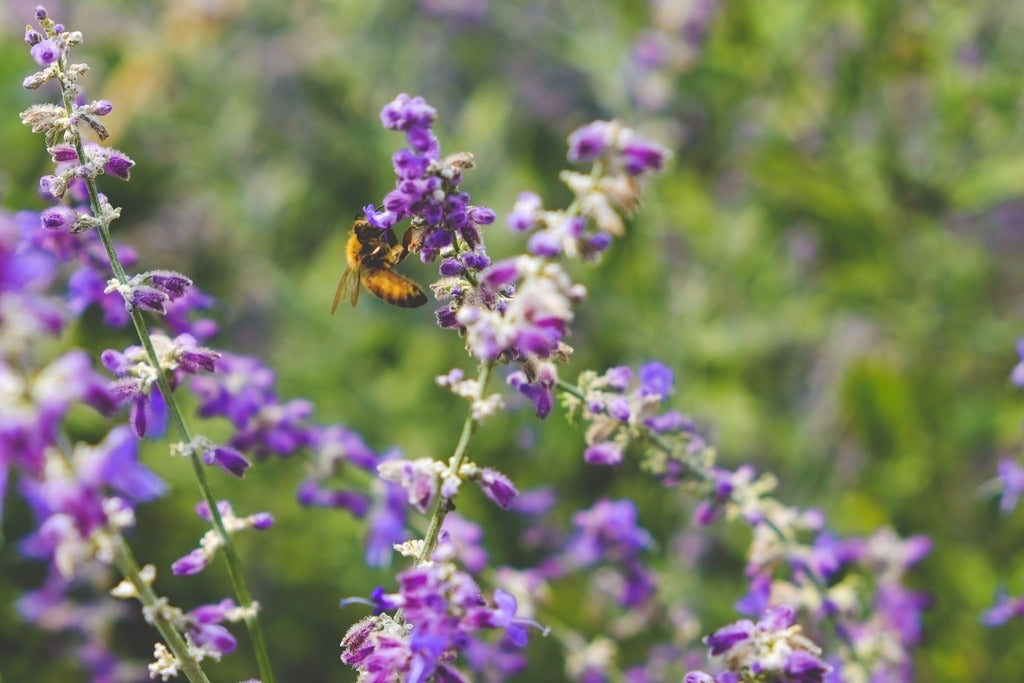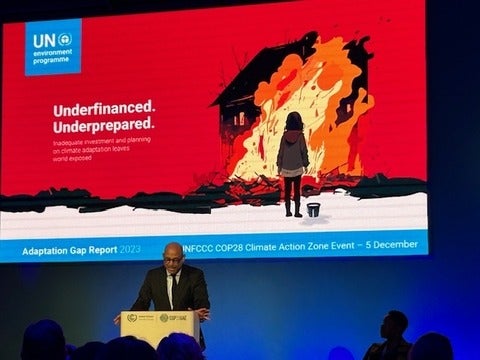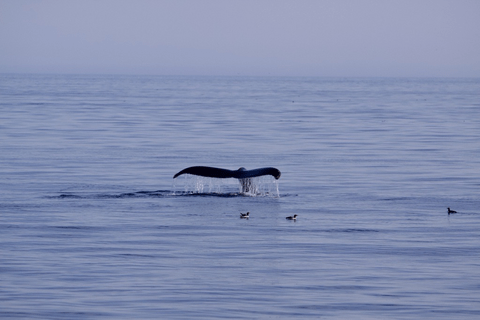Water unites us: COP28 launches partnerships to increase water conservation across the globe
Explore Harshina's illuminating blog as she delves into the intricate landscape of global water conservation post-COP28, highlighting discussions on women's rights, indigenous perspectives, and youth activism. Through rigorous analysis, she underscores the pressing need for coordinated action and inclusive policies to protect our planet's vital water resources for future generations.
